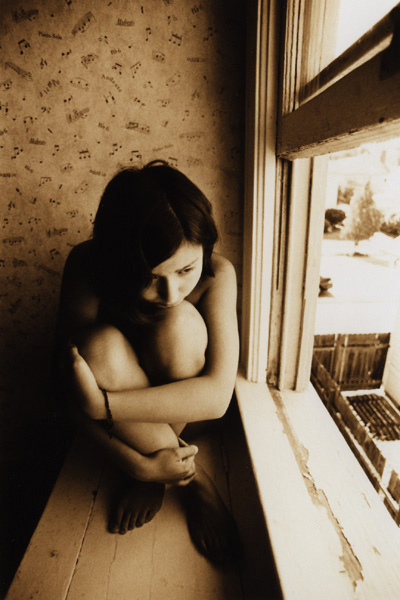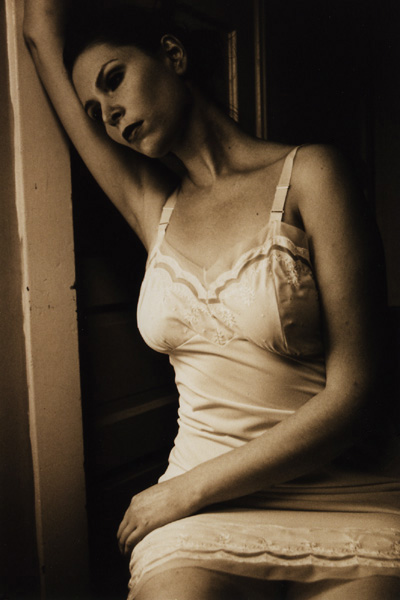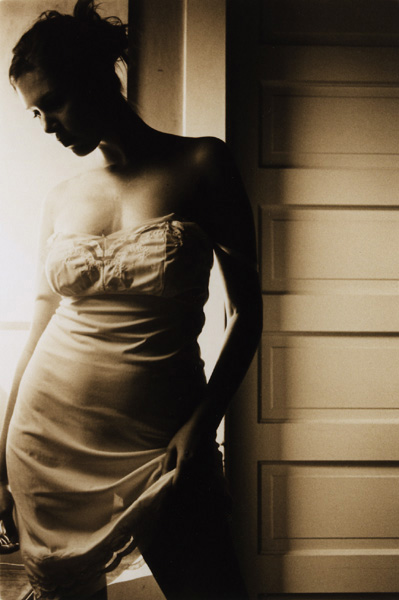I could only suspect this storm was a gift. And so gifted was the burning sea of lost goods and services before me that I stood there with every bit of molten steel and fixtures speckled with light, bounced off my poor fucking retinas like the frenetic pulsating show from a disco ball. It was good to know that the strongest do not survive. Look at this place. It would not survive. It made me feel a lot less small in the grand context of the rest of the neighborhood.
What about the families of people in this building? Those gorgeous wrecks were next. They'd become shells. Former families.
 Whoever set this fire, whether they’d done it knowingly or if it had been an accident, it didn’t matter at this point. Look at this place. Nothing could help this place survive. It could only be put out of its misery. Think of how much money it was going to take to fix this. People were probably dying here in the market right now. If this was an accident, then this was what horror really was.
Whoever set this fire, whether they’d done it knowingly or if it had been an accident, it didn’t matter at this point. Look at this place. Nothing could help this place survive. It could only be put out of its misery. Think of how much money it was going to take to fix this. People were probably dying here in the market right now. If this was an accident, then this was what horror really was.But I couldn’t hear any screaming.
I could just barely contain the confusion it caused in me that it was so quiet here. The fire storm was loud, I guess. But in the absence of screams it was almost like a muted television in here.
Waves of orange light rose in crescendos, fell to this ember empire. Among the piles of rubble and burning trash, therein I discovered a small stone box I could not have figured would have been a product here. It must have fallen from the rubble, been trapped once between floors or in a wall and now freed. Affixed to the back of the lid were rusted, ancient, now unfortunately charred steel hinges, and at the front, a tiny padlock, the kind a schoolkid might have to keep his/her diary sealed from the world. It was a wonderful sight, but a poor one. Because it was beautiful, because it was ugly which made it beautiful in this end of the day wreck. Even before the fire burned it, who would have bought this? It was just so different. If it was not so impossible to cry in this heat and this chaos, I would cry.
 But there was everything in here, and in the face of everything, one did not back down and just cry. Providence and precious pain had met and become golden here in the fiery building. So many words to say and not enough time to say or even think them if somebody wanted to get out without burning to death.
But there was everything in here, and in the face of everything, one did not back down and just cry. Providence and precious pain had met and become golden here in the fiery building. So many words to say and not enough time to say or even think them if somebody wanted to get out without burning to death.The stone box was hot and the steel hinges were unbearable, but the tiny lock, it was just gifted metal to not have become hot liquid right away. Simply done, with hardly a threat minded, it was no match for the rubble upon which I bashed it open. The lock flew off into the smoke in pieces and disappeared.
As the sleeves of my shirt caught fire and were simultaneously put down by the streams of water coming through from burst pipes poking up from out of the grounds, I was momentarily lost in a haze of damp smoke that filled up the capacities of my mouth and blinded me in the poor eyes. But with the blackened, flesh-fused sleeves of my wet arm I wiped the smoke out of my eyes, and I spit out fistfuls of heavy ash and smoke, heaving, gasping, and focused once more—completely—on the small stone box.
 Now free and pried open, I pulled the lid up, and inside the box was a tiny, filthy fist-sized plush koala bear with wooden button eyes and scattered tufts of springy, stormcloud-colored dirty stuffing coming from the side of its miniature tummy. With the burnt tip of my printless index finger I pushed the body stuffing back inside the belly, then closed the wooden box and made a run for it before the entire dying building could give up and rain down upon me in huge monuments of steel and floor tiles.
Now free and pried open, I pulled the lid up, and inside the box was a tiny, filthy fist-sized plush koala bear with wooden button eyes and scattered tufts of springy, stormcloud-colored dirty stuffing coming from the side of its miniature tummy. With the burnt tip of my printless index finger I pushed the body stuffing back inside the belly, then closed the wooden box and made a run for it before the entire dying building could give up and rain down upon me in huge monuments of steel and floor tiles.Within minutes the shopping center was a quarter of a mile behind me.
Your friend,
JARET.







